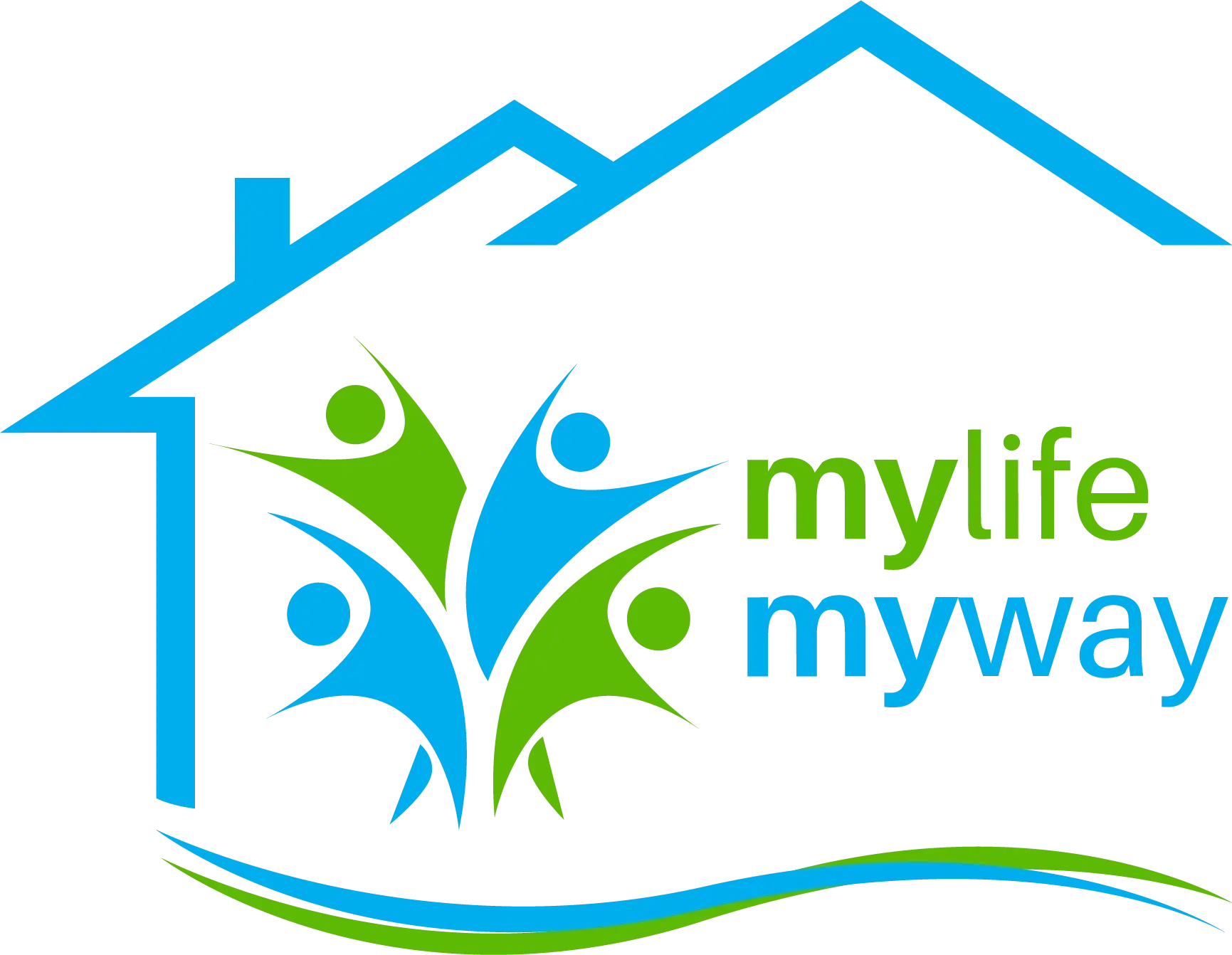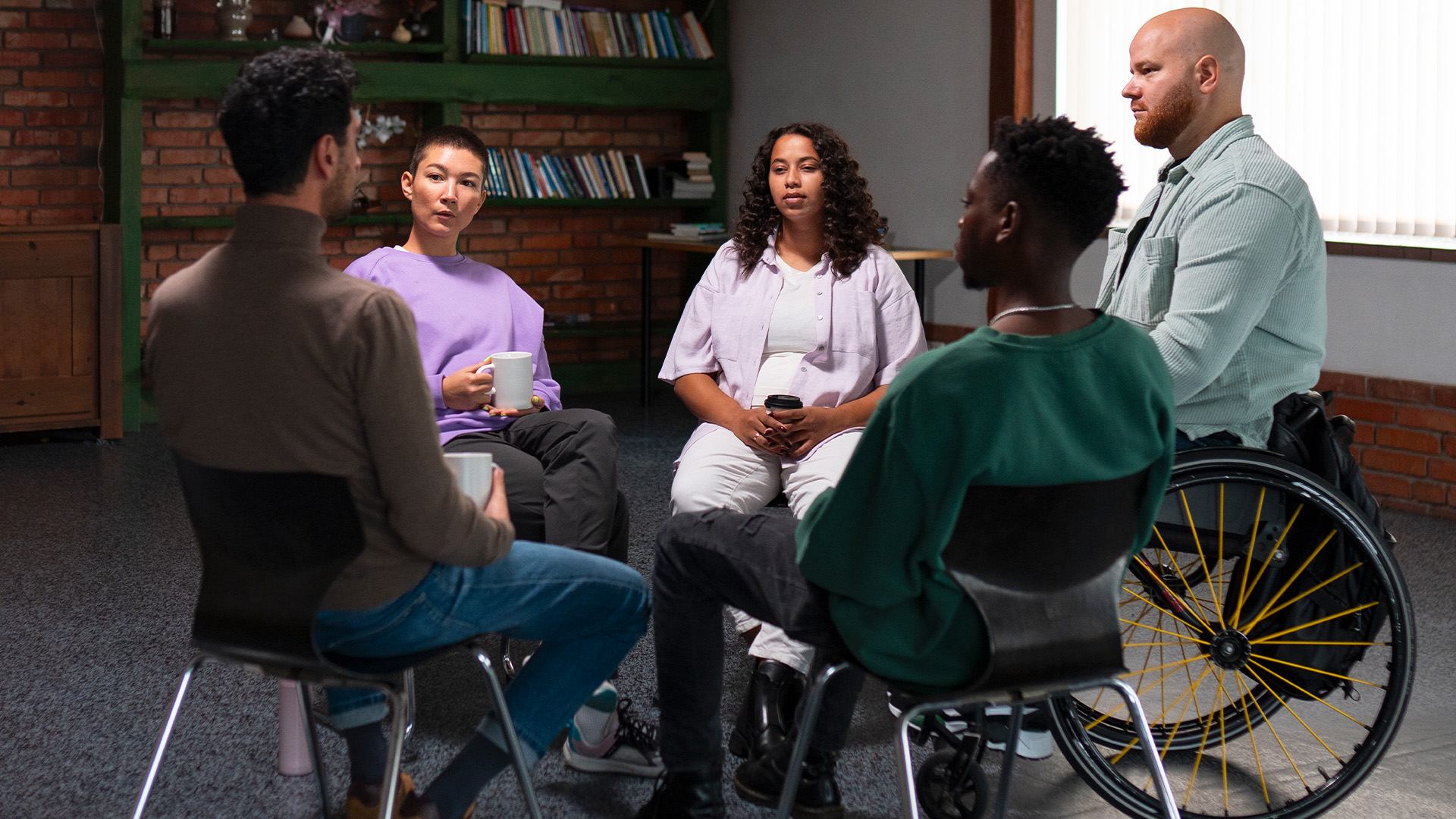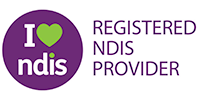Connecting and participating in social and community activities is essential for everyone, particularly for individuals with diverse abilities who may face additional challenges. The National Disability Insurance Scheme (NDIS) offers vital support in this area through assistance with social and community participation.
This support not only breaks down barriers that hinder inclusion but also enhances the overall well-being and engagement of those involved.
In this blog, we will explore the significant benefits of assistance with social and community participation provided by NDIS.
From improving mental health to fostering a sense of belonging and promoting independence, the impact is profound and far-reaching. Join us as we delve into how these initiatives are not just changing individual lives but are also strengthening community bonds.
Common Barriers to Social and Community Participation
Physical Barriers
Physical barriers significantly hinder the participation of individuals with disabilities in social and community events. These barriers include inaccessible venues that are not equipped with necessary accommodations such as ramps or elevators, making it challenging for individuals using wheelchairs or mobility aids to navigate.
This limitation not only restricts their ability to engage in activities but also impacts their social interaction and integration into the community.
Misunderstandings and Stereotypes
Misunderstandings and stereotypes about individuals with disabilities often lead to social exclusion and isolation. These misconceptions can cause people to underestimate the abilities of those with disabilities, resulting in fewer invitations to participate in social activities or community events.
This exclusion is detrimental as it reinforces feelings of isolation and deprives individuals of the opportunity to contribute meaningfully to their communities.
Accessibility and Communication Challenges
Accessibility and communication challenges are significant barriers that prevent full participation in community life. This includes inadequate transportation options for individuals with disabilities, as well as a lack of necessary communication aids at events, such as sign language interpreters or written materials in Braille.
Such oversights can discourage participation and make accessible events feel unwelcoming or exclusionary, isolating individuals from potential social interactions.
What is Assistance with Social and Community Participation?
Definition and Importance
Assistance with social and community participation refers to support services provided to help individuals with disabilities engage and integrate into their communities. This assistance is crucial as it promotes inclusivity and ensures that everyone has the opportunity to enjoy social interactions and community involvement.
The support can vary widely, from physical aids to person-centred social strategies, aiming to reduce isolation and enhance the quality of life.
Role of the NDIS in Facilitating Participation
The National Disability Insurance Scheme (NDIS) plays a pivotal role in promoting social and community participation among individuals with disabilities. Through tailored support and funding, the NDIS provides resources that help break down barriers to participation.
These supports may include funding for mobility aids, transportation, personal assistants, or technology that assists communication. By addressing these needs, the NDIS enables individuals to lead more active and engaging lives.
Examples of Social and Community Participation Activities
The scope of activities supported under the NDIS assistance with social and community participation is broad and designed to cater to various interests and abilities. Examples include:
- Sports and Recreation: Individuals can join inclusive sports teams or participate in adaptive sports programs, fostering both physical health and social interactions.
- Arts and Culture: Activities might involve joining art classes, participating in dance or music therapy sessions, or visiting museums specially adapted for accessibility.
- Volunteering: Opportunities to volunteer at local events or for community organizations allow individuals to give back to their communities and develop a sense of accomplishment and belonging.
- Education and Learning: Enrolling in community classes or workshops aimed at enhancing various skills or acquiring new knowledge.
- Social Clubs and Support Groups: Participating in groups that provide social interactions and support specific to the needs of individuals with disabilities.
These activities not only enrich the lives of participants but also help in building stronger, more inclusive communities where each member has the opportunity to contribute and flourish.
Benefits of NDIS Assistance with Social and Community Participation
Enhancing a Sense of Belonging
Social participation through NDIS support actively bridges the gap between individuals with diverse abilities and their communities, fostering a powerful sense of belonging. This inclusion positively influences mental well-being by building emotional resilience, reducing stress, and improving overall mood.
When individuals feel like they are a part of the community, it instils a sense of purpose and bolsters self-esteem. Moreover, by forming robust social networks, individuals not only enjoy a balanced lifestyle but also find meaningful purpose in day-to-day interactions. These connections ensure that each person feels valued, heard, and truly a part of society.
Guided Growth and Skill Development
The opportunities for personal enhancement through NDIS social and community assistance are abundant and varied. Participation in such activities facilitates the development of crucial life skills, including effective communication, problem-solving, and adaptability. Engaging in group activities or local events provides a practical, enjoyable setting for improving social skills and learning how to navigate various social scenarios.
Additionally, such environments often offer educational elements, helping individuals to acquire new knowledge or hone existing skills. This kind of guided growth is invaluable in fostering independence and self-confidence among participants.
Empowering Independent Living
One of the most significant advantages of NDIS assistance in social and community participation is the empowerment it provides individuals toward independent living. Structured support and activities enable individuals to practice and develop the skills necessary for daily life.
From managing personal finances and making informed decisions to understanding public transportation systems and maintaining personal safety, the skills honed during community participation are directly applicable to living independently. This empowerment not only enhances the quality of life but also encourages self-reliance and responsibility.
Extended Benefits of Social and Community Engagement
More Opportunities for Active Living
Engagement in community and social activities often involves physical elements, which are crucial for maintaining and improving physical health. Activities such as joining a fitness class, participating in sports, or simply engaging in community walks offer excellent opportunities for exercise, which is essential for both physical and mental health.
These activities help manage weight, strengthen muscles, and improve cardiovascular health. Additionally, active living promotes social interaction and mental well-being, creating a holistic approach to health and lifestyle.
Respite for Family and Caregivers
NDIS assistance extends its benefits to the family members and caregivers of participants by providing them with essential respite. Caregivers often face high levels of stress and burnout due to the demands of continuous care. When individuals with disabilities engage in community and social activities, caregivers can take this time to relax, attend to their own needs, or participate in their own interests.
This break is vital for maintaining the caregivers’ health, which in turn, benefits the quality of care they provide. Respite also presents an opportunity for caregivers to recharge and return to their roles with renewed energy and a fresh perspective.
Breaking Misconceptions and Dispelling Stereotypes
One of the transformative impacts of NDIS support in community and social engagement is its role in challenging and changing societal misconceptions and stereotypes about disability. By integrating individuals with diverse abilities into various social settings, it exposes the broader community to the capabilities and contributions of all its members, fostering a culture of inclusion and understanding.
This visibility is crucial for breaking down prejudicial barriers and promoting an inclusive society where everyone is respected and valued for their unique contributions. Participation in shared activities not only educates but also enriches the social fabric by illustrating the diversity of human experience.
Conclusion
The benefits of NDIS assistance with social and community participation are transformative, offering significant improvements to the quality of life for participants. By breaking down barriers to social inclusion, enhancing skill development, and providing opportunities for independent living, the NDIS plays a crucial role in fostering more inclusive and vibrant communities.
Individuals with disabilities are empowered to lead fulfilling lives, engage in diverse activities that spark their interests, and build meaningful relationships within their community.
In embracing NDIS assistance, we are not only supporting individuals with disabilities but also investing in the strength and unity of our entire community. Together, these efforts pave the way for a society where everyone has the opportunity to contribute, participate, and thrive.
To access NDIS assistance effectively, you can count on My Life My Way. We offer a broad range of services to support your participation in social activities and communities. Get in touch with our team, and let us make you feel valued!



